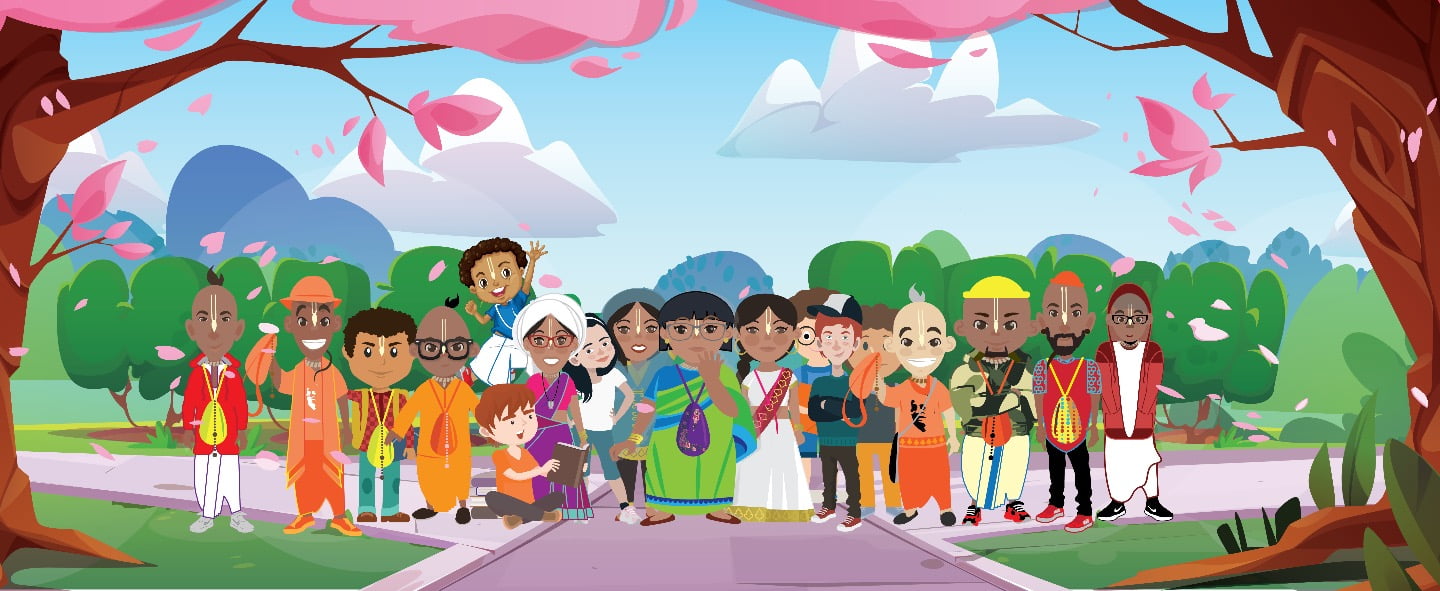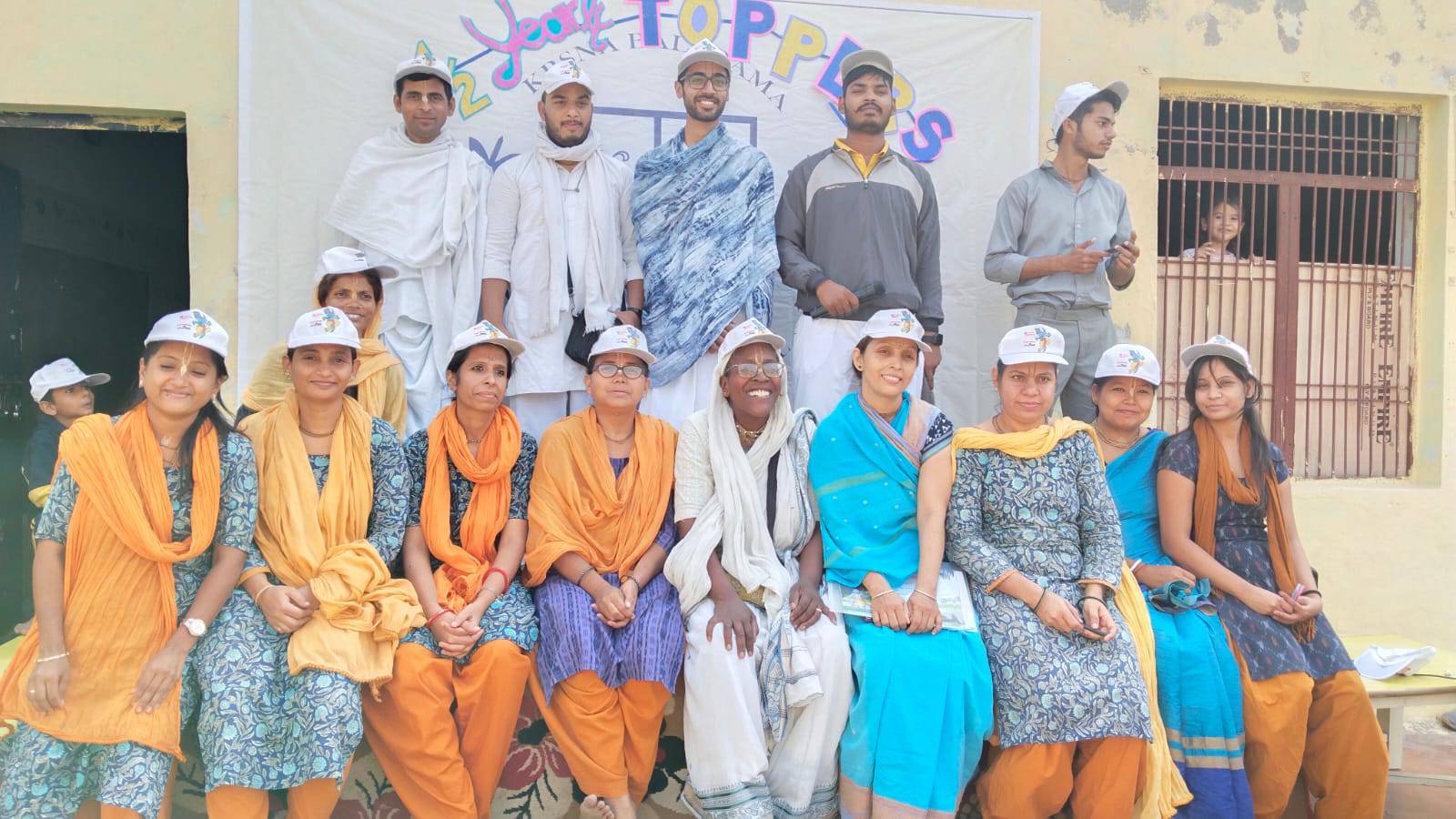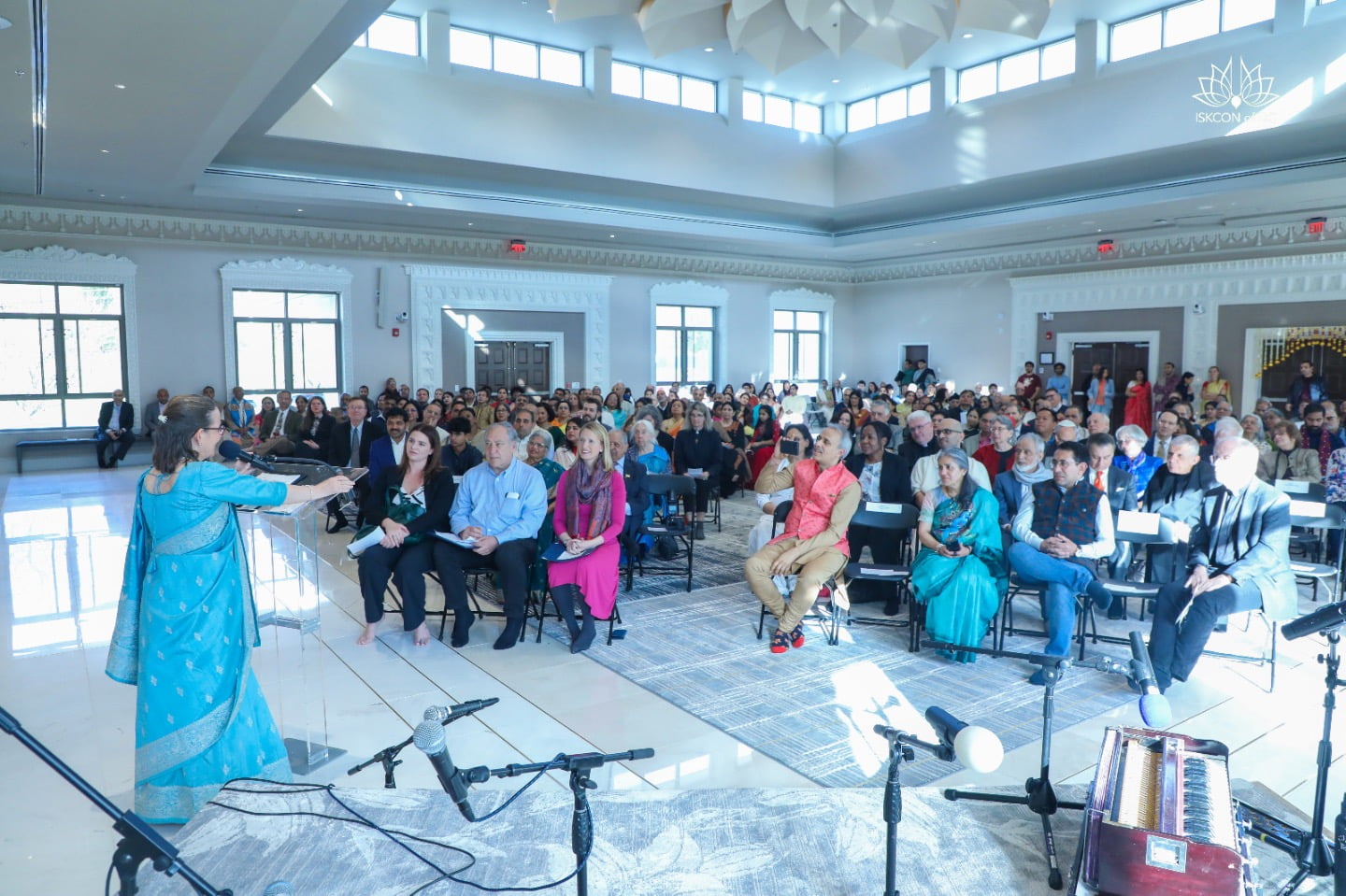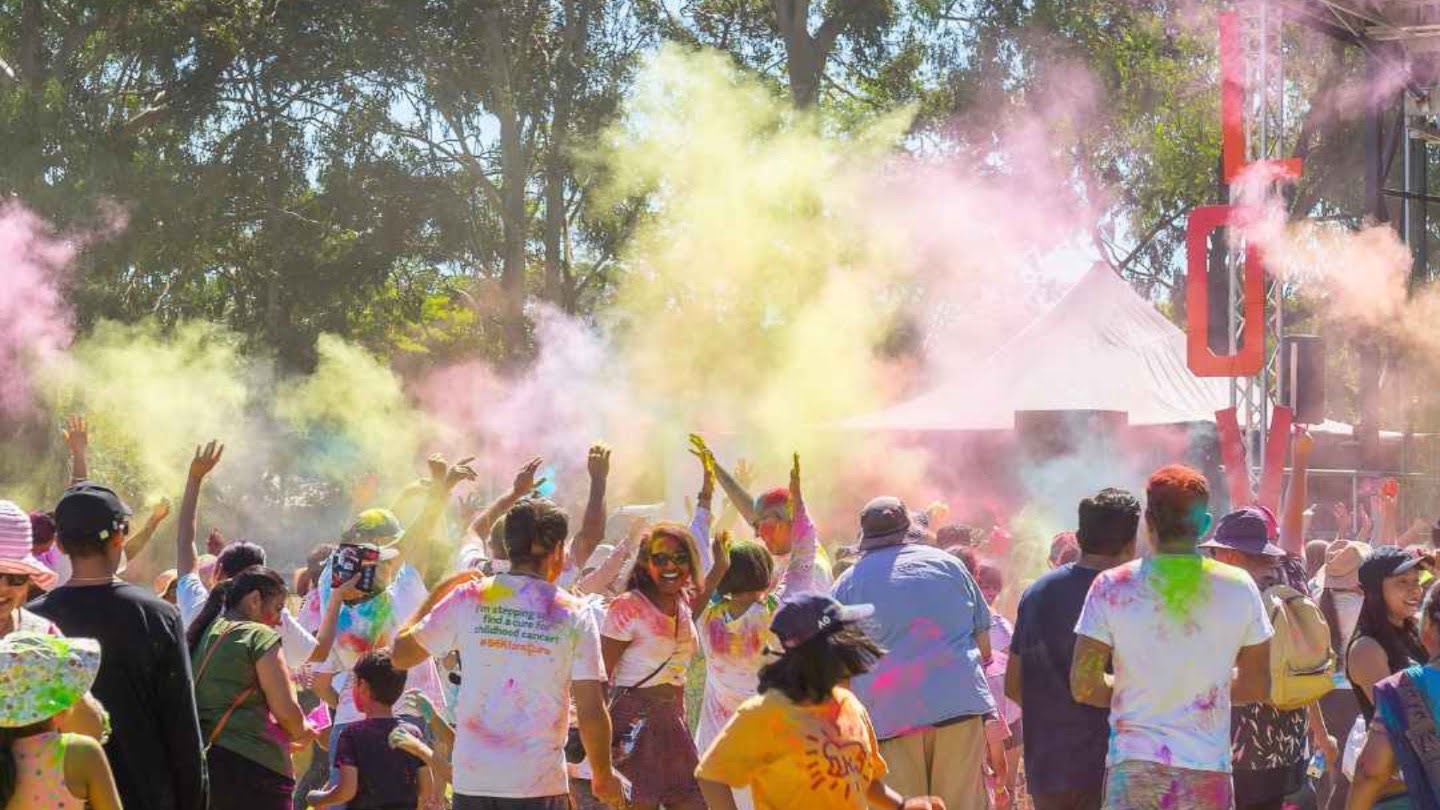Animals: “We Feel Just Like You Do”
By Dr. Sahadeva Dasa | Oct 03, 2012
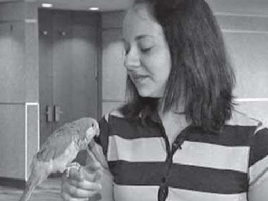
Preface and two stories are taken from Dr. Sahadeva Dasa’s newly released book entitled “We Feel Just Like You Do,”
I am astonished that “scientists” are surprised that animalsmay actually have feelings and emotions. Perhaps the blinkers are atlast beginning to come off – it’s long been the human animal that is devoidof emotion.
I think that in 100 years, people will look back in wonder that we couldnot recognize animal’s feelings and view it as we now view historical figures who thought that Native Americans had no souls, or that slavery was God’splan. This blindness is the same factor that prevents us from recognizing the humanity of those with whom we go to war. In order to continue tobelieve in a moral world (that conveniently works to our advantage), wehave to devalue those whom we exploit or kill for resources.
Of course animals are sentient beings! It is only the desire to maximiseprofit and fill the supermarket shelves which has led to animals being keptin abysmal concentration-camp style factory farms. Here they lead a bleak short life without natural sunlight, food pumped full of growth hormonesand kept in unnatural conditions.
The journey to the slaughter house entailsfurther suffering – packed onto lorries, shamelessly squashed together andoften, shipped abroad for slaughter in foreign
abattoirs where their shortlives are ended in barbaric ways…It is human arrogance which has led us to wrongly assume that only weare capable of emotions!
Animals love, feel pain, joy and depression likeus. What a shame that the meat industry chooses to ignore this fact in thename of profit.How egocentric of humans to think we are the only beings who canthink, feel, bond with others etc. As the “dominating” species, we have a responsibility to care for and protect the entire planet, including the otheranimals.Those who describe animals as not having any thoughts or feelingscome closer to that description than the animals they’re trying to describe.I find it enormously puzzling that extreme suffering only gets widely questioned if it is the suffering of members of the human species. It is extraordinary how many people just accept the appalling treatment of sucha vast number of animals.
Animals have souls and we have a duty to respect them! Anything less is to deny one’s humanity and one’s own soul! I’m afraid that our feelings of superiority are taught by our elitist religions. Fortunately, animals have no such absurd impediments.
Here are two stories:
‘Mama, baby!’ – Hero Parrot Saves Little Girl
A parrot in Denver, USA whose cries of alarm alerted his owner when a little girl choked on her breakfast has been honored as a hero. Willie, a Quaker parrot, hasbeen given the local Red Crosschapter’s Animal Lifesaver Award. In November 2008, Willie’sowner, Megan Howard, wasbaby-sitting for a toddler. Howard left the room and thelittle girl, Hannah, started tochoke on her breakfast. Megan recalls, “While I was in the bathroom, Willie started screaming like I’d never heard him scream before and he started flapping his wings. Then he started saying ‘mama baby’ over and over and over again until I rushed and looked at Hannah and Hannah’s face was turning blue.
Willie saved the day.”Howard saved Hannah by performing the Heimlich maneuver. Thisfirst aid procedure involves dislodging an obstruction from a person’s windpipe by applying a sudden strong pressure to the abdomen.
Baby Hannah’s mother, Samantha recalls, “The part where she turnedblue is always when my heart drops no matter how many times I’ve heardit, My heart drops in my stomach and I get all teary eyed.” Willie the parrot got his award during a “Breakfast of Champions”event which was attended by the Governor. Megan is pictured here withher parrot.
LuLu – The Lifesaving Pig
This is a story of a Vietnamese pot-bellied pig named LuLu.On August 4, 1998, Ann Altsman of Beaver Falls, Pennsylvania,had a heart attack in the bedroom of her vacation trailer at a Pennsylvania lake resort. Altsman’s husband, Jack, was fishing on LakeErie at the time.She yelled for help, forsomeone to come or call an ambulance, but no one was close enough torespond. After hercollapse, her American Eskimo dog began to bark.
Lulu can’t bark, but she did something much more daring. Many say that pigs are smarter than dogs. A perplexed Lulu looked at her. She made sounds like she was crying, quite indescribable – of a crying Vietnamese pot-bellied pig. But suddenly the pig pulled herself together, and headed outside through a tight “doggie door,” cutting her protruding stomach in the process. She came into the fenced-in yard. Never before had she left the confines of the yard — except for a leash walk — but this was no ordinary day. She somehow pushed open the gate and walked into the road. There, LuLu gave new meaning to the phrase “hogging the road.”
Several times she returned to Altsman only to leave again and try to get help. Witnesses later told that LuLu waited until a car approached and then walked onto the road and lay down right in front it. One man stopped but he was so unsure of what the creature on the road was that he was afraid to get out. But another disbelieving motorist stopped for the prone pig and got out.
LuLu knew just what to do. She led the man to the house and the rescue. Lulu’s mistress heard a man screaming through her window that her pig was in distress. She answered that, in fact, it was she who was in distress, and asked him to call an ambulance.
Luckily, help arrived in time: doctors said that if 15 more minutes had elapsed she likely would have died. But when the pig tried to get into the ambulance with her mistress, medics gently let LuLu know she had done enough for one day.
LuLu was purchased in August 1997 by the family as a 40th birthday present for the couple’s daughter. And how did they thank LuLu? She got a jelly doughnut. She then made a sloshing type noise that pigsapparently makes when they devour pastry.




